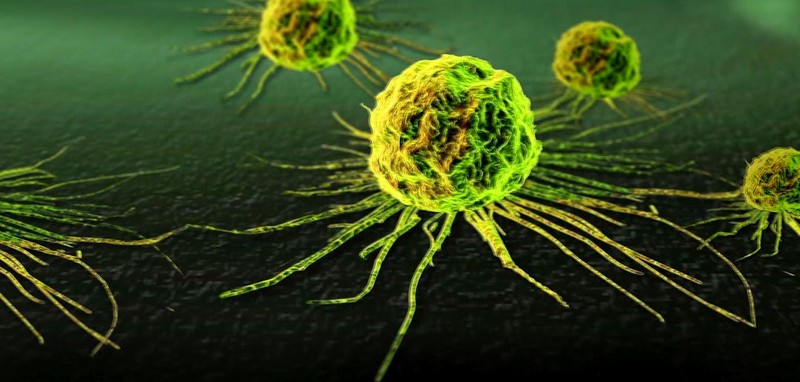Tips for Outsmarting Cancer

The diagnosis of cancer can be a terrifying one. Often when we hear the word cancer, we think of a lower life expectancy rate, decreased quality of life, and endless treatments and therapies. However, cancer doesn’t have to be so scary.
With modern medical advances, cancer is more preventable and treatable than ever. Many cancers, if caught in the early stages, are highly treatable with less aggressive therapies and have a high survival rate. Cancer is survivable; however, in order to prevent and/ or overcome cancer, individuals have to remain proactive about their health. A few ways everyone can become proactive to fight off cancer include:
Taking Care of Yourself
When it comes to cancer, one of the best strategies you can have to ward it off is simply taking care of yourself. Your diet, fitness level, and habits can greatly increase or decrease your likelihood of cancer, and can also impact your ability to fight cancer should you be diagnosed.
To dramatically decrease the likelihood of developing cancer, first and foremost, eat well and regularly exercise. Individuals with a high percentage of body fat are more likely to develop several different types of cancer, including pancreatic and colorectal cancers. By eating a diet high in fresh fruits and vegetables, whole grains, and lean meats and by exercising at least 30 minutes a day, you can ward off higher body fat percentages. Not only will a lower BMI help prevent cancer, but it will also help prevent other weight related diseases such as diabetes and hypertension.
Secondly, individuals looking to avoid cancer should consider their habits. Smokers or those who are regularly surrounded by secondhand smoke are at a higher risk of lung and oral cancers. Individuals who spend hours out in the sun or in a tanning bed trying to achieve the perfect tan are also have a higher risk for cancer. If you have a habit that increases your risk for cancer, consider trading it out for a healthier behavior.
Genomic Testing
Genomic testing can help predetermine your risks associated with cancer. Unfortunately, those of us with a family history of cancer are more likely to be diagnosed ourselves. There are a few different types of genomic testing, and choosing to have one or multiple types of genomic testing offers several great benefits:
- Determines if you have genetic mutations that may lead to cancer
- Determines if any genetic mutations mean a high or low risk of cancer
- Determines which genetic mutations you may have so that the therapies you will receive will actually work for you.
If you are interested in genomic testing, consult your physician. He or she may be aware of reputable labs that can complete your genetic test by only using a urine sample.
Attending Regular Exams
While many of us hate going to the doctor’s office, it is often one of the best ways to catch cancer in its early stages. Annual physical examinations can detect lumps in your breasts which may indicate breast cancer, swollen lymphnodes above the collar bone which may indicate lung cancer, and numerous other symptoms that could be predictors of other types of cancer.
Even a simple conversation with your doctor could save your life. Letting your doctor know what has been going on with your body may cue him or her to symptoms of a greater disease, which can lead to you getting better care, faster.
While an annual physical exam should be part of your regular routine, that doesn’t mean that you need to wait for your annual exam to get checked out. If you notice anything of concern on or about your body, schedule an appointment with your physician immediately.
Taking care of yourself through diet, exercise, and routine check-ups are low-cost, highly effective ways to protect yourself against cancer. Don’t put off those annual check-ups simply because you despise your doctor. Find a doctor you like, and provide yourself with the necessary care needed to be a healthy, cancer-free adult.
Article By Jennifer Smith






